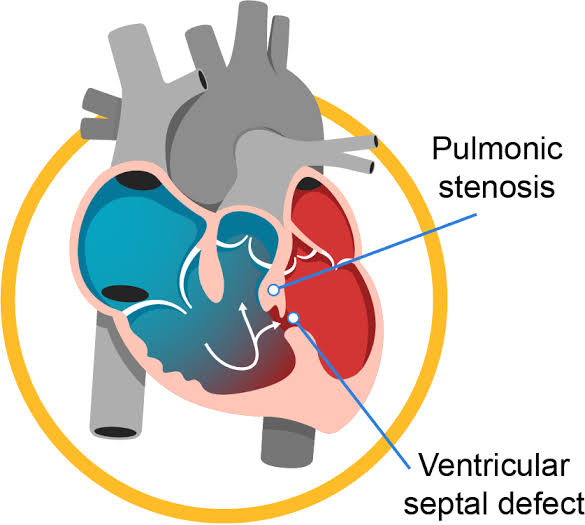Opinion
Lessen Congenital Disease: The Government and Individuals Responsibilities, by Issa Hamed Alhaji

The congenital disease is the inborn disease that a baby contracted while or before giving birth to him or her. It is also known as congenital abnormalities, congenital malformations or birth defects. They can be defined as structural or functional anomalies (for example, metabolic disorders) that occur during intrauterine life and can be identified prenatally, at birth, or sometimes may only be detected later in infancy, such as hearing defects. Broadly, congeniality refers to the existence at or before birth.
According to the World Health Organization (WHO), An estimated 240 000 newborns die worldwide within 28 days of birth every year due to congenital disorders. Congenital disorders cause a further 170 000 deaths of children between the ages of 1 month and 5 years.

Congenital disorders can contribute to long-term disability, which takes a significant toll on individuals, families, health care systems and societies. The most common severe congenital disorders are heart defects, neural tube defects and Down syndrome.
The Roles of Government:
We need to identify the causes of the congenital disease and find new and perfect treatment methods, that’s why Government needs to Provide Well Research and Innovation by supporting research institutions, and funding provision for potential cures or innovative treatment; Social Support Programs: Governments also provide support through disability programs, grants, or subsidies for families affected by congenital diseases. By granting them access to financial assistance and specialized care.
Access to Health center: Governments should ensure that healthcare systems are well equipped to provide adequate care for individuals with congenital diseases. By funding hospitals, training healthcare professionals, and ensuring that patients have access to affordable care centers.
Regulatory and Health Policy: it is the Government’s role to make policies that promote early detection, diagnosis, and treatment of congenital diseases. This includes setting guidelines for prenatal care, mandatory screenings, and vaccination programs to prevent birth defects.
The Individuals Roles
Education/Enlistment and Advocacy: Individuals can educate or enlighten themselves and their communities about congenital diseases, advocate for better healthcare policies, and support initiatives aimed at research and treatment.
Choices and Lifestyle of Health: Individuals, especially pregnant parents, can adopt healthier lifestyles that reduce risk of congenital diseases. Stay away from harmful substances like alcohol, and drugs, maintaining a balanced diet, and managing stress are key; Prenatal Checkup : Pregnant women should ensure regular prenatal checkups, follow medical advice, and undergo recommended screenings. Early detection of congenital conditions can lead to better management during pregnancy and after birth.
Counseling: Couples from the background of congenital diseases can seek genetic counseling before planning a family. This helps assess risks and make informed decisions about pregnancy.
Individual Support: Families and individuals can engage with support groups, make charities, or advocacy organizations to provide financial, social support and emotional support to those living with congenital diseases.
Both Government and individuals have crucial roles to play to prevent or avoid congenital diseases, to improve life quality and proper health.
























